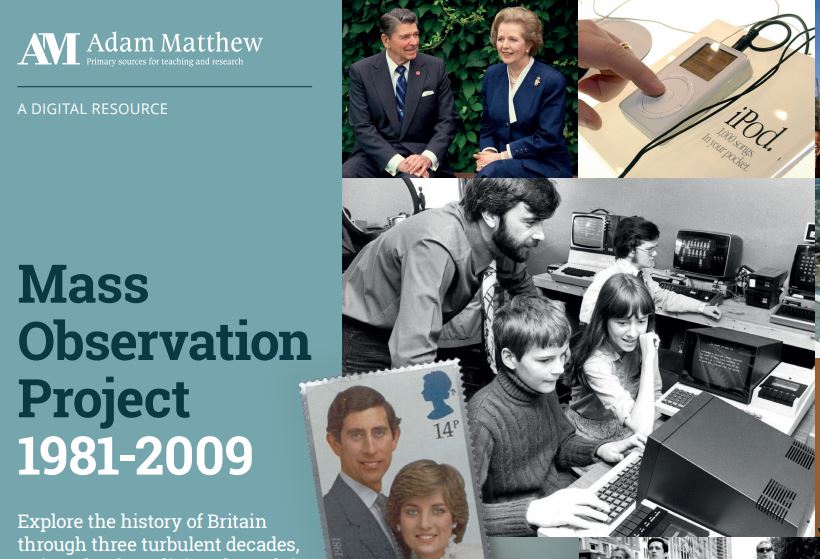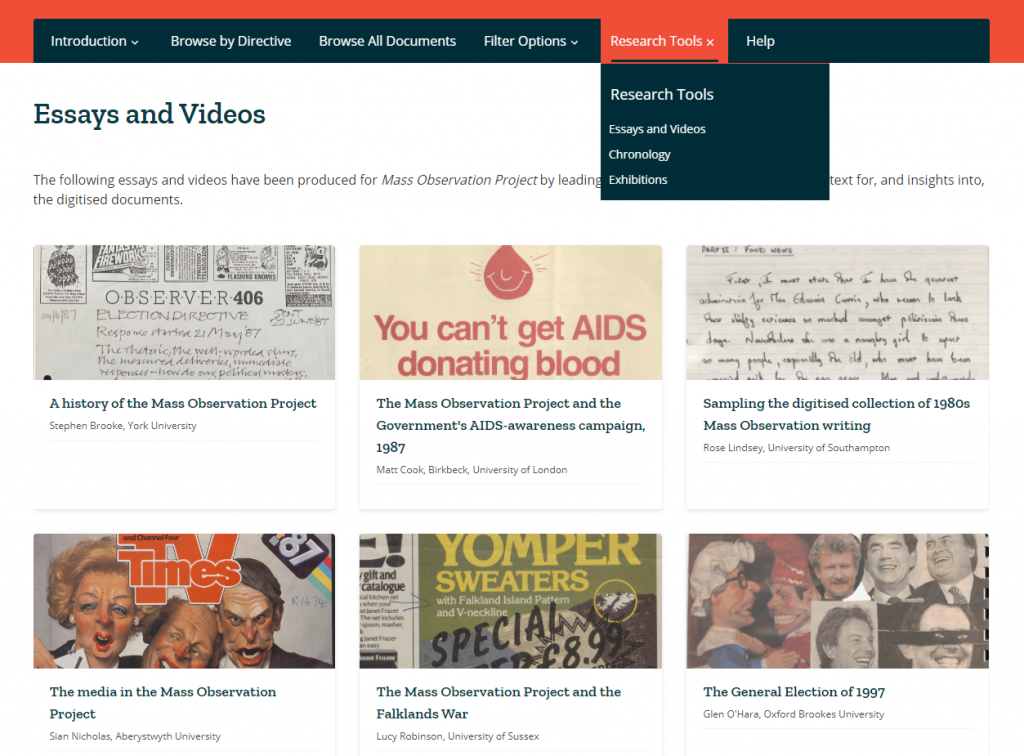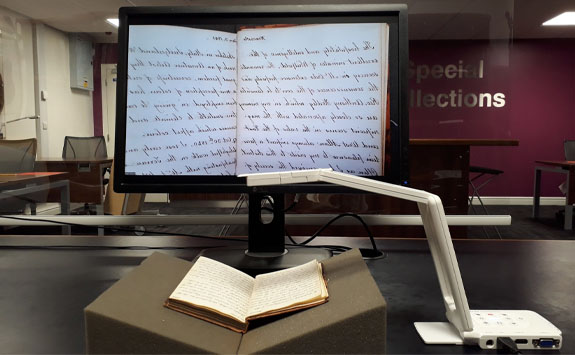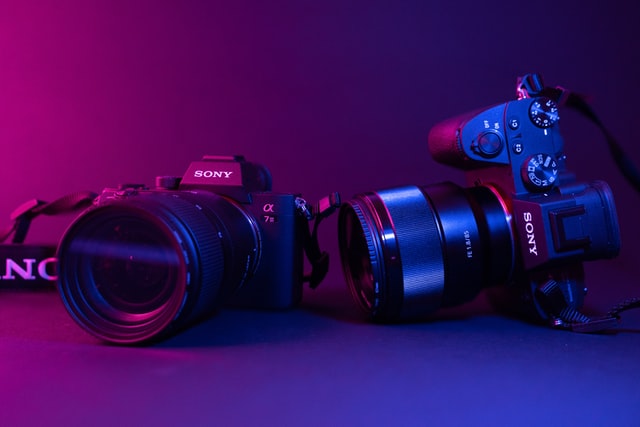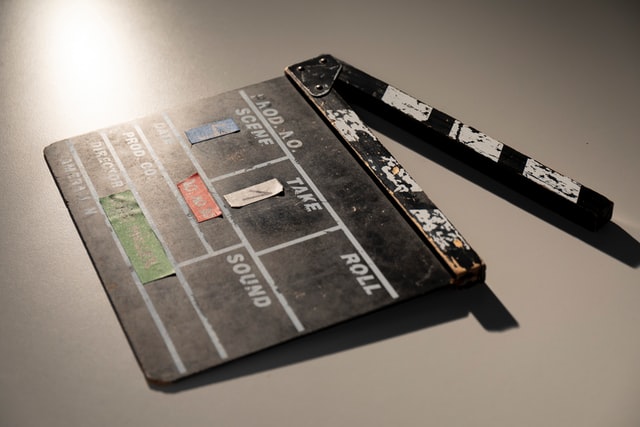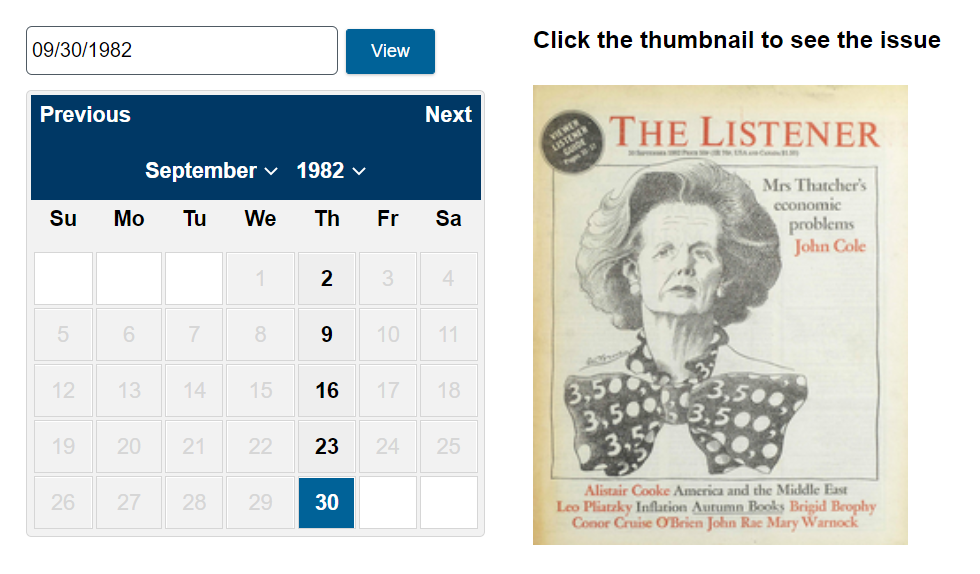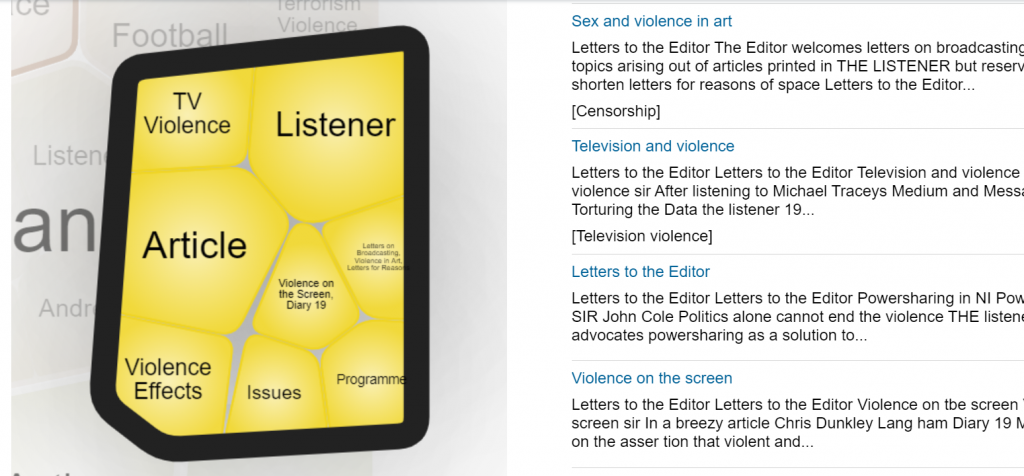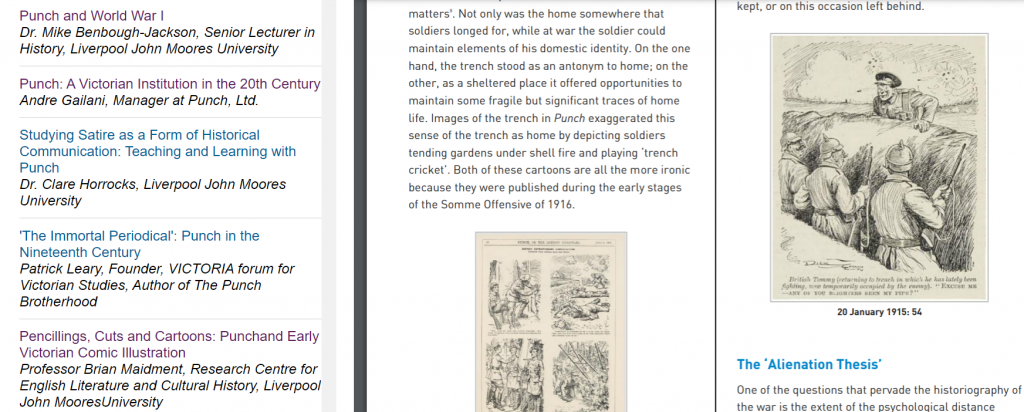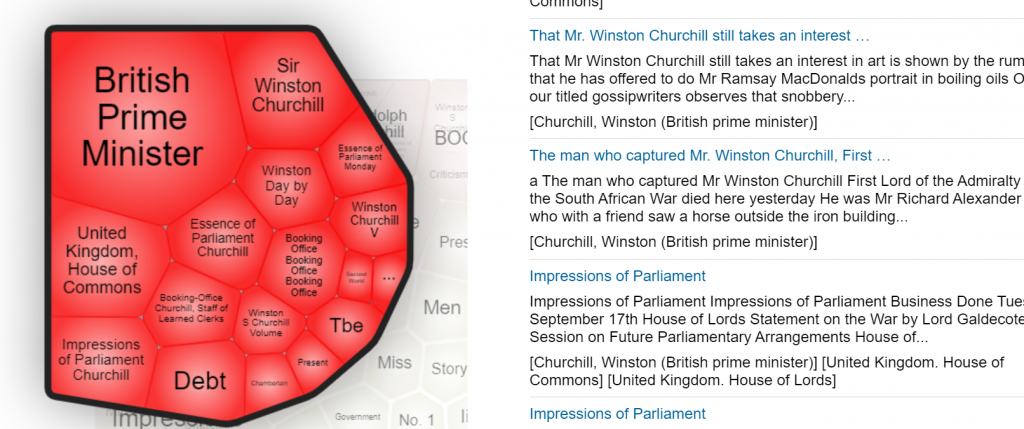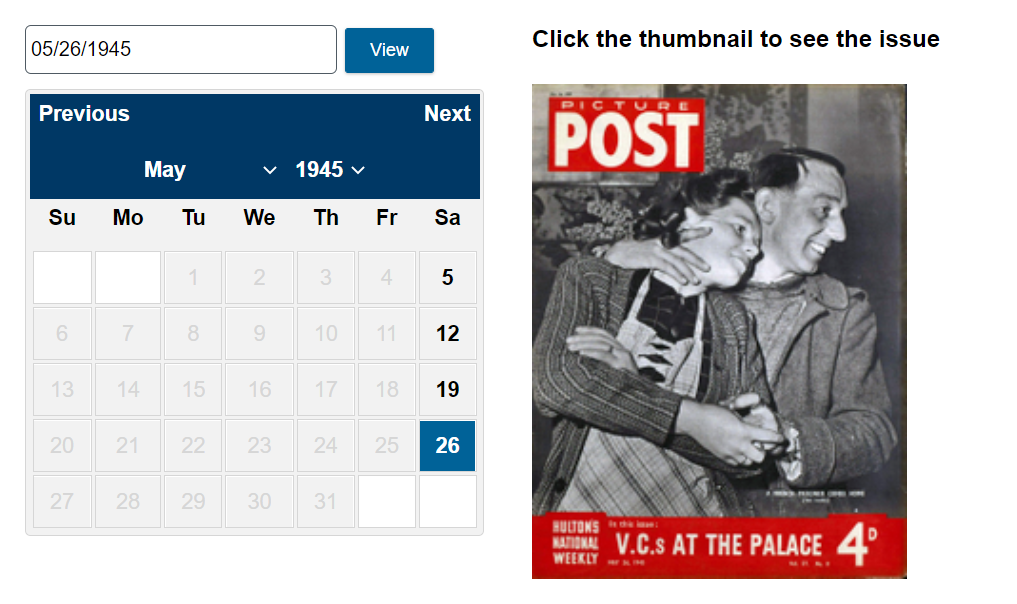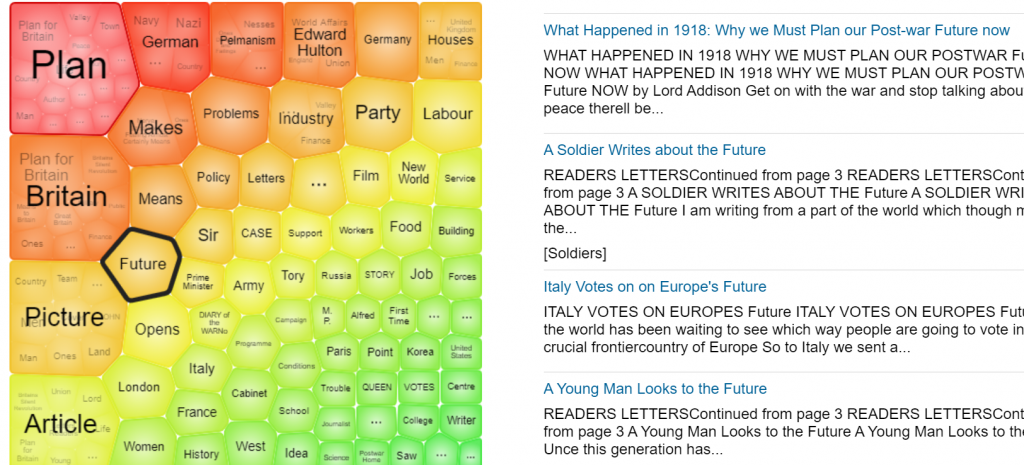The Library is currently running a short trial to MediaPlus, a digital media resource offered by Alexander Street Press (ProQuest).

MediaPlus consists of more than 100,000 videos, images, and sound recordings. The resource is ideal for students and researchers interested in 20th century British social, political and cultural history from a range of disciplines (particularly History, Media, and Politics).
You can use both the Search and Advanced Search functions to locate relevant sources. This video details how to make best use of the search functions in Alexander Street.
You can also browse by Title, Subject, and Sub-collection from the MediaPlus homepage, where you can then further refine results by date, publisher, or subject.
Content is drawn from a number of sources (Sub-collections):
- Associated Press Archive (6,010 items)
- Channel 4 News (6,508)
- Gaumont British News (2,476)
- Gaumont Graphic Newsreel (8,087)
- Getty Moving images (8,163)
- Getty Still images (11,732)
- ITN (6,300)
- ITV news (27,519)
- Imperial War Museum – images (4,165)
- Photographic Youth Music Culture Archive – PYMCA (6,421)
- Reuters News (3,248)
- Royal Geographical Society (6,448)
- Royal Mail Film Classics (66)
- The North Highland College – Johnston Collection (10,037)
- Wellcome Library (710)
You can access MediaPlus via Library Search here.
The trial access to the resource is available until 15th November 2024. As the purpose of a trial is provide short term institutional access to establish whether the resource is of interest for future sustained access, unfortunately we are not able to extend or repeat trials.
Please note that MediaPlus content cannot be downloaded, and any embedded content or permalinks will not work after the trial ends.
We are keen to hear any feedback on this resource – please contact us by commenting below or by emailing your Liaison Librarian (libliaison@newcastle.ac.uk).

